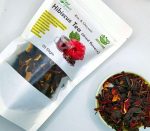
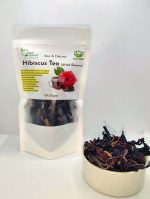
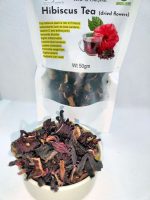
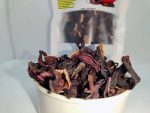
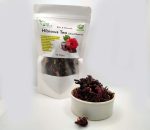
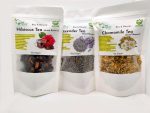
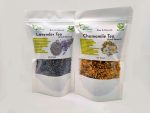
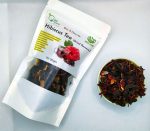
Organic Hibiscus Tea 50gm -Amazing Taste and Freshness with Immunity Boost
₨ 450 Original price was: ₨ 450.₨ 350Current price is: ₨ 350.
- Amazing Benefits
- Detoxification
- Organic
- Exotic
- Aromatic
- 50 grams
- A whole month supply of Tea
- Good for Enhancing Mood
- Good for lowering Hypertension
- Relief Soar Throat
- Relief Cough
Payment Options
Cash on Delivery
Easy Paisa/Jazz Cash
Hibiscus tea is high in antioxidants and offers many benefits. In particular, it may help promote weight loss, reduce the growth of bacteria and cancer cells, and support the health of the heart and liver.
Hibiscus tea is an herbal tea that’s made by steeping parts of the hibiscus plant in boiling water.
It has a tart flavor similar to that of cranberries and can be enjoyed both hot and cold.
There are several hundred species of hibiscus varying by the location and climate they grow in, but Hibiscus sabdariffa is most commonly used to make hibiscus tea .
Research has uncovered a range of health benefits linked to drinking hibiscus tea, showing that it may lower blood pressure, reduce the growth of bacteria, and even aid weight loss.
This article reviews 8 benefits of drinking hibiscus tea.

Antioxidants are molecules that help protect against compounds called free radicals, which cause damage to your cells .
Hibiscus tea is rich in powerful antioxidants and may therefore help prevent damage and disease caused by the buildup of free radicals.
One study in people with Marfan syndrome, a disorder that affects connective tissue, found that an infusion with hibiscus extract reduced oxidative stress and increased antioxidant levels in the blood .
Another animals study had similar findings, showing that hibiscus extract helped protect against cell damage in rats .
However, keep in mind that these studies used concentrated doses of hibiscus extract rather than hibiscus tea. More studies are needed to determine how antioxidants in hibiscus tea may affect humans.
SUMMARYAnimal studies have found that hibiscus extract has antioxidant properties. Additional studies are needed to determine how this may translate to humans.
One of the most impressive and well-known benefits of hibiscus tea is that it may lower blood pressure.
Over time, high blood pressure can place extra strain on the heart and cause it to weaken. High blood pressure is also associated with an increased risk of heart disease .
Several studies have found that hibiscus tea may lower both systolic and diastolic blood pressure.
In one study, 46 people with high blood pressure were given hibiscus tea or a placebo. After 1 month, those who drank hibiscus tea had a greater decrease in systolic and diastolic blood pressure, compared to the placebo .
Similarly, a 2015 review of five studies found that hibiscus tea decreased both systolic and diastolic blood pressure by an average of 7.58 millimeters of mercury (mmHg) and 3.53 mmHg, respectively .
While hibiscus tea may be a safe and natural way to help lower blood pressure, it is not recommended for those taking medications used to treat high blood pressure, as it may interact with these drugs .
SUMMARYSome studies have found that hibiscus tea may lower systolic and diastolic blood pressure. However, it should not be taken with blood pressure medications to prevent an interaction.
In addition to lowering blood pressure, some studies have found that hibiscus tea may help lower blood fat levels, which are another risk factor for heart disease .
In one 2009 study, 60 people with diabetes were given either hibiscus tea or black tea. After 1 month, those who drank hibiscus tea experienced increased levels of HDL (good) cholesterol and decreased levels of total cholesterol, LDL (bad) cholesterol, and triglycerides .
Another older study in those with metabolic syndrome showed that taking 100 milligrams (mg) of hibiscus extract daily was associated with decreased total cholesterol and increased HDL (good) cholesterol .
Plus, a 2022 review found that hibiscus tea could reduce levels of LDL (bad) cholesterol more effectively than other types of tea and a placebo .
However, other studies have produced conflicting results regarding hibiscus tea’s effects on blood cholesterol.
In fact, a review of seven studies including 362 participants concluded that hibiscus tea did not significantly reduce total cholesterol or triglyceride levels.
Furthermore, most studies showing a benefit of hibiscus tea on blood fat levels have been limited to people with specific conditions like metabolic syndrome and diabetes.
More large-scale studies examining the effects of hibiscus tea on blood cholesterol and triglyceride levels are needed to determine its potential effects on the general population.
SUMMARYSome studies have shown that hibiscus tea may reduce blood cholesterol and triglycerides in those with diabetes and metabolic syndrome. However, other studies have produced conflicting results. More research is needed in the general population.
From producing proteins to secreting bile to breaking down fat, your liver is essential to your overall health .
Interestingly, studies have shown that hibiscus may promote liver health and help keep it working efficiently.
One 2014 study in 19 people with overweight found that taking hibiscus extract for 12 weeks improved liver steatosis. This condition is characterized by the accumulation of fat in the liver, which can lead to liver failure .
A study in hamsters also demonstrated the liver-protecting properties of hibiscus extract, showing that treatment with hibiscus extract decreased markers of liver damage .
Another 2022 animal study reported that hibiscus extract helped improve fatty liver disease in rats fed a high fat diet
However, these studies all assessed the effects of hibiscus extract, rather than hibiscus tea. Further research is needed to know how hibiscus tea affects liver health in humans.
SUMMARYHuman and animal studies have found that hibiscus extract may benefit liver health by reducing liver damage and fatty liver.
Several studies suggest that hibiscus tea may be associated with weight loss and could help protect against obesity.
One 2014 study gave 36 participants with overweight either hibiscus extract or a placebo. After 12 weeks, hibiscus extract reduced body weight, body fat, body mass index, and hip-to-waist ratio
An animal study had similar findings, reporting that hibiscus extract could help reduce body weight and appetite by preventing the accumulation of fat cells .
Current research is limited to studies using concentrated doses of hibiscus extract. More studies are needed to determine how hibiscus tea may influence weight loss in humans.
SUMMARYA few human and animal studies have associated the consumption of hibiscus extract with decreased body weight and body fat, but more research is needed.
Protects with antioxidants. The hibiscus plant is rich in antioxidants such as beta-carotene, vitamin C and anthocyanin. …
- Fights inflammation.
- Lowers blood pressure.
- Lowers cholesterol.
- Promotes weight loss.
- Fights bacteria.
- Supports liver health
| Weight | 0.05 kg |
|---|
Only logged in customers who have purchased this product may leave a review.
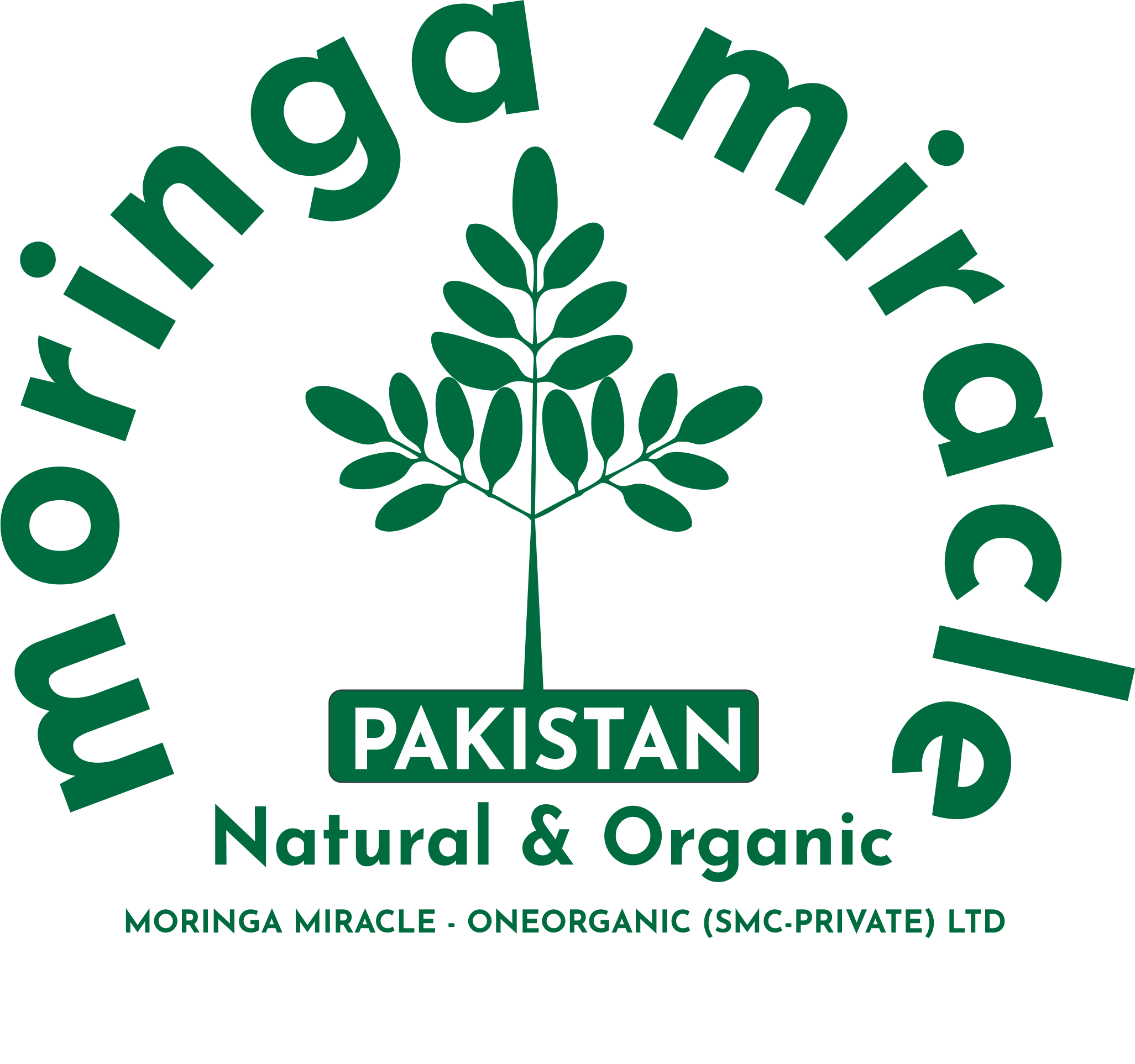

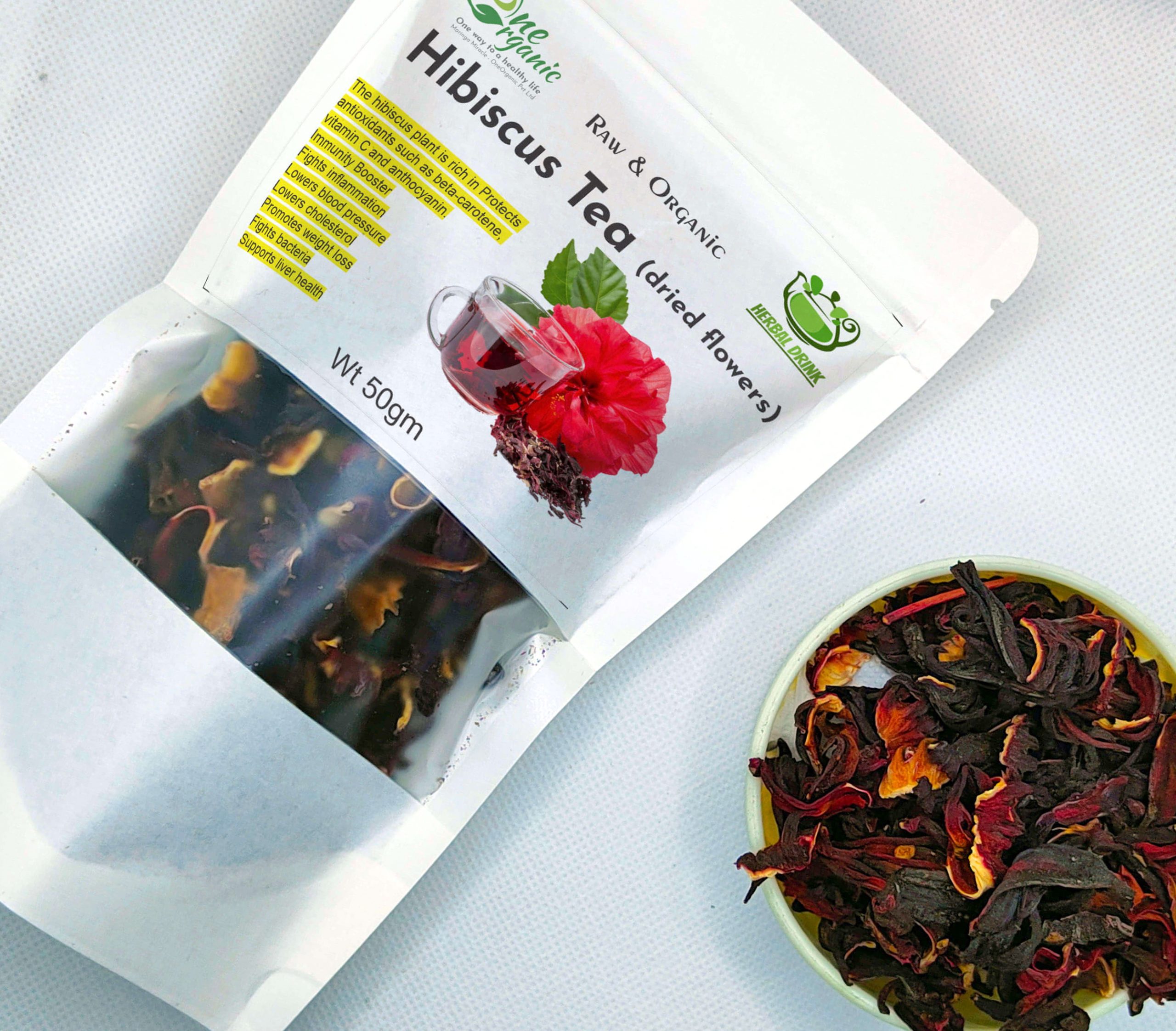
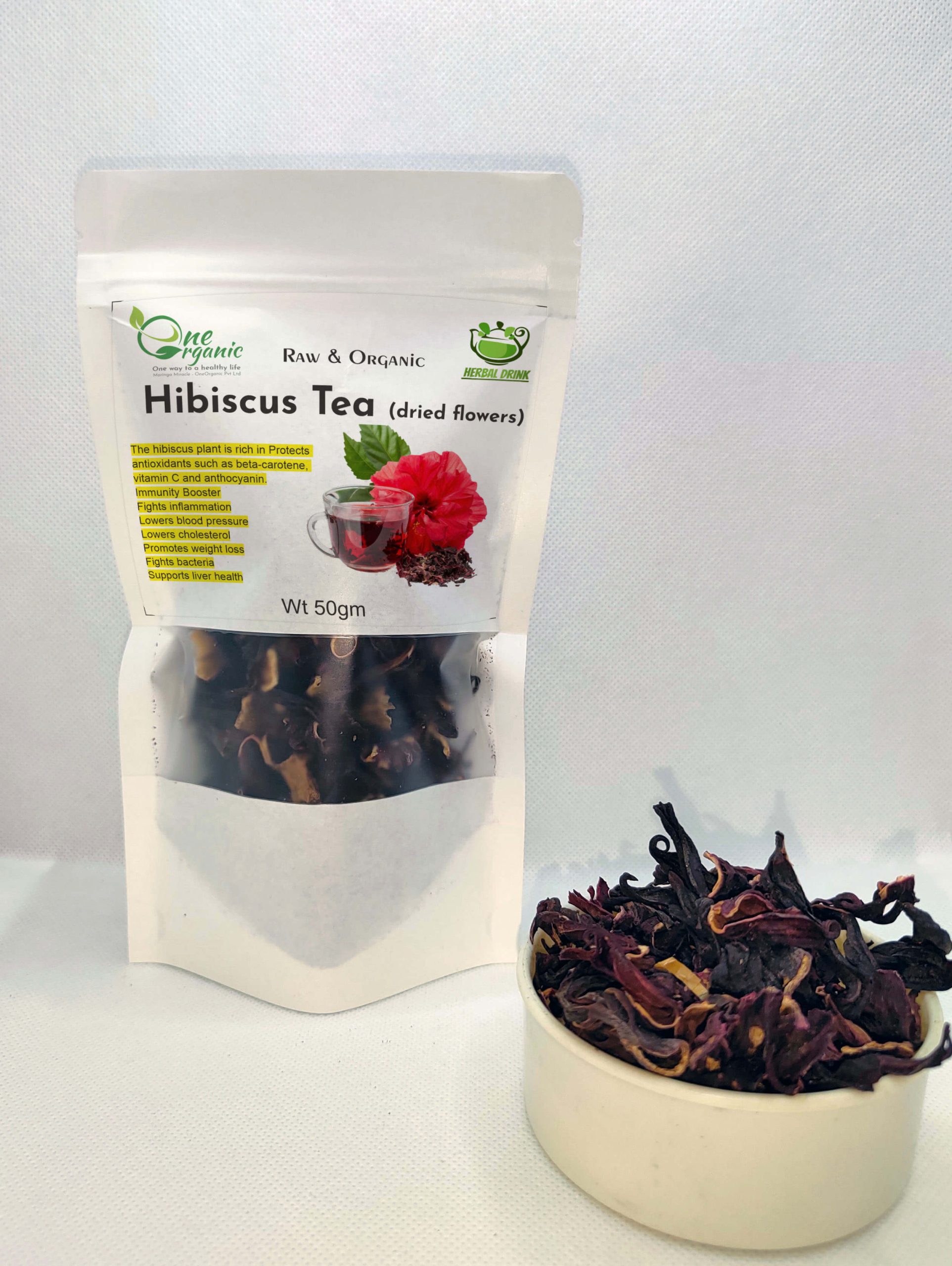

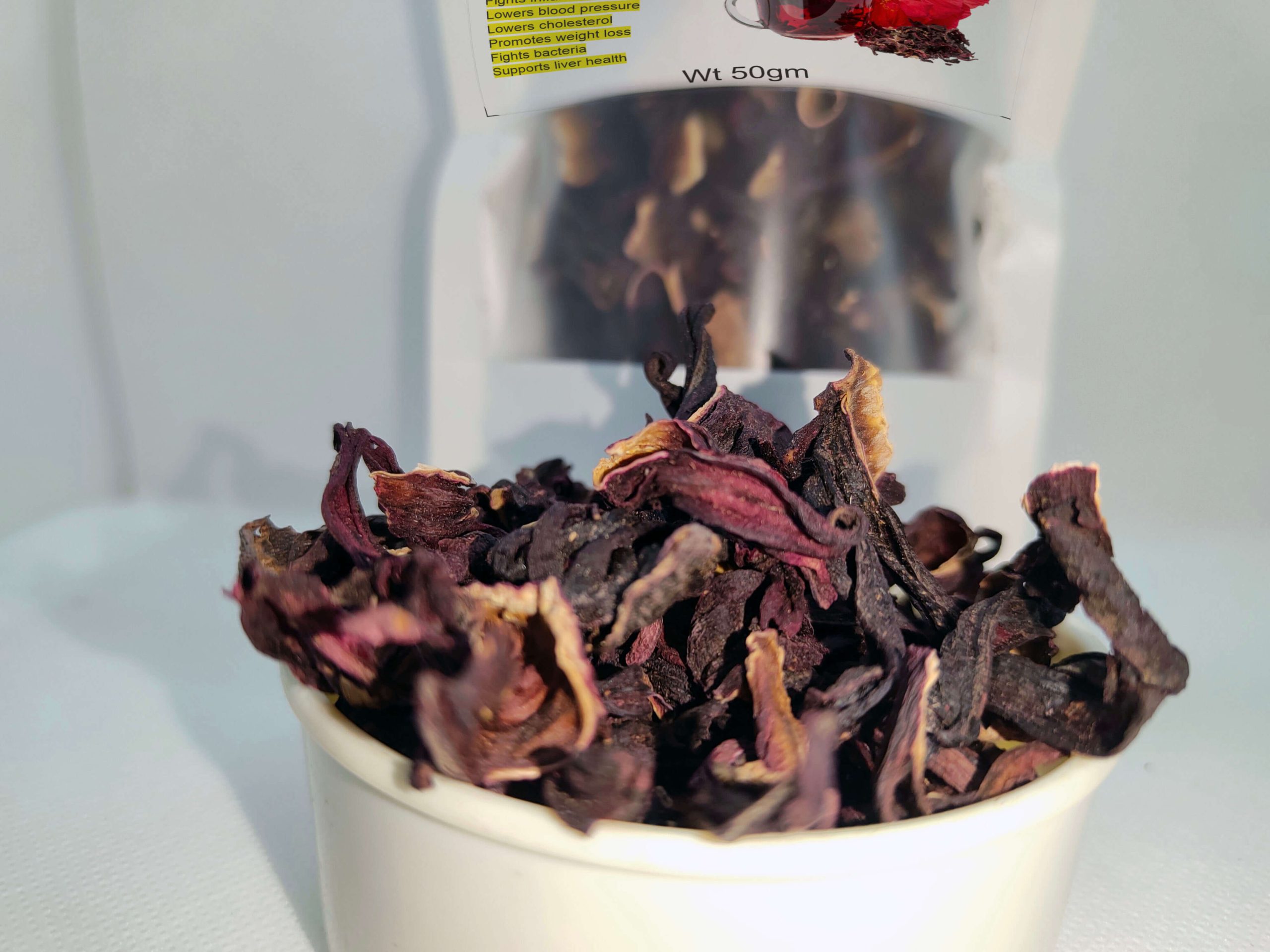
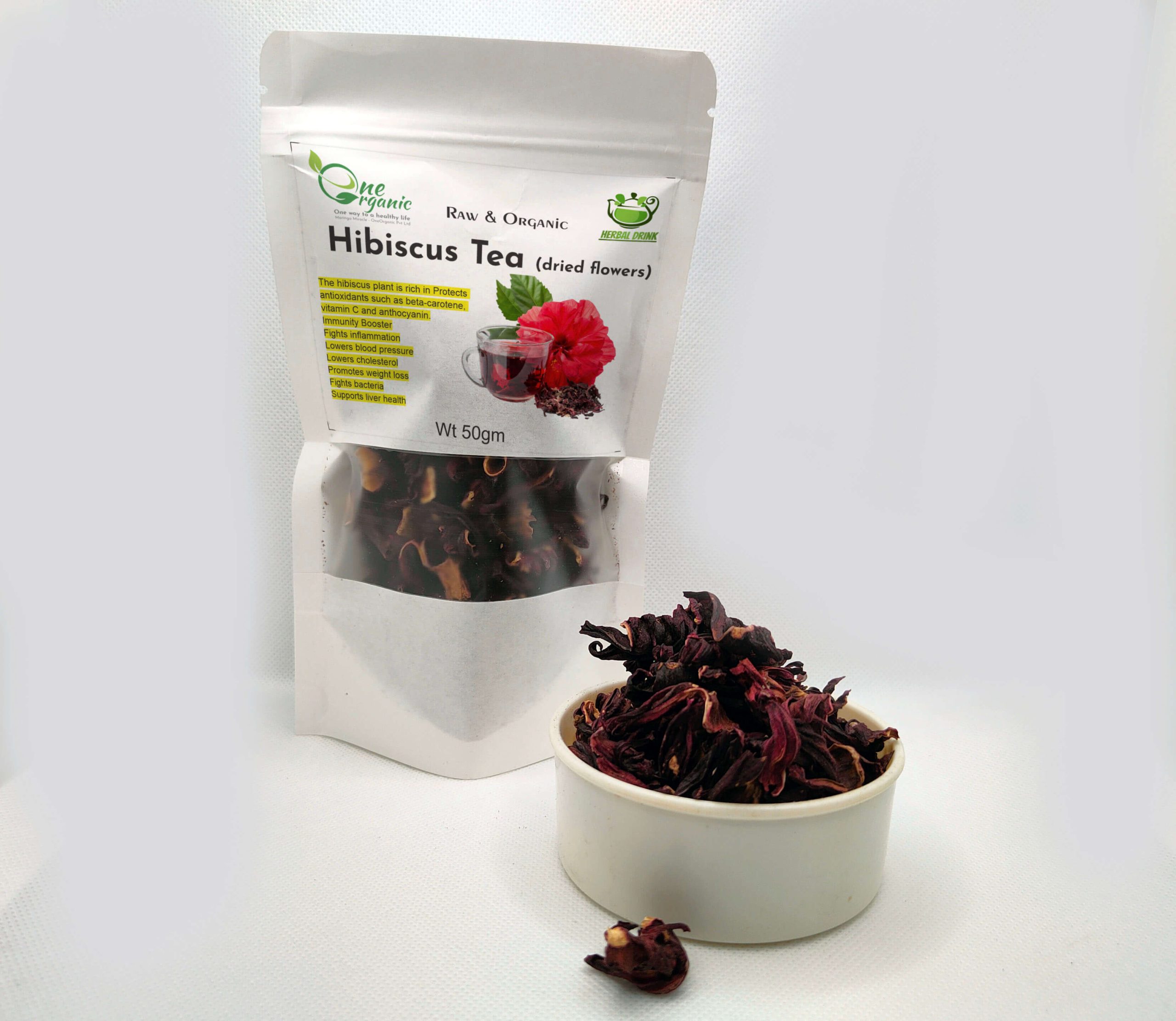
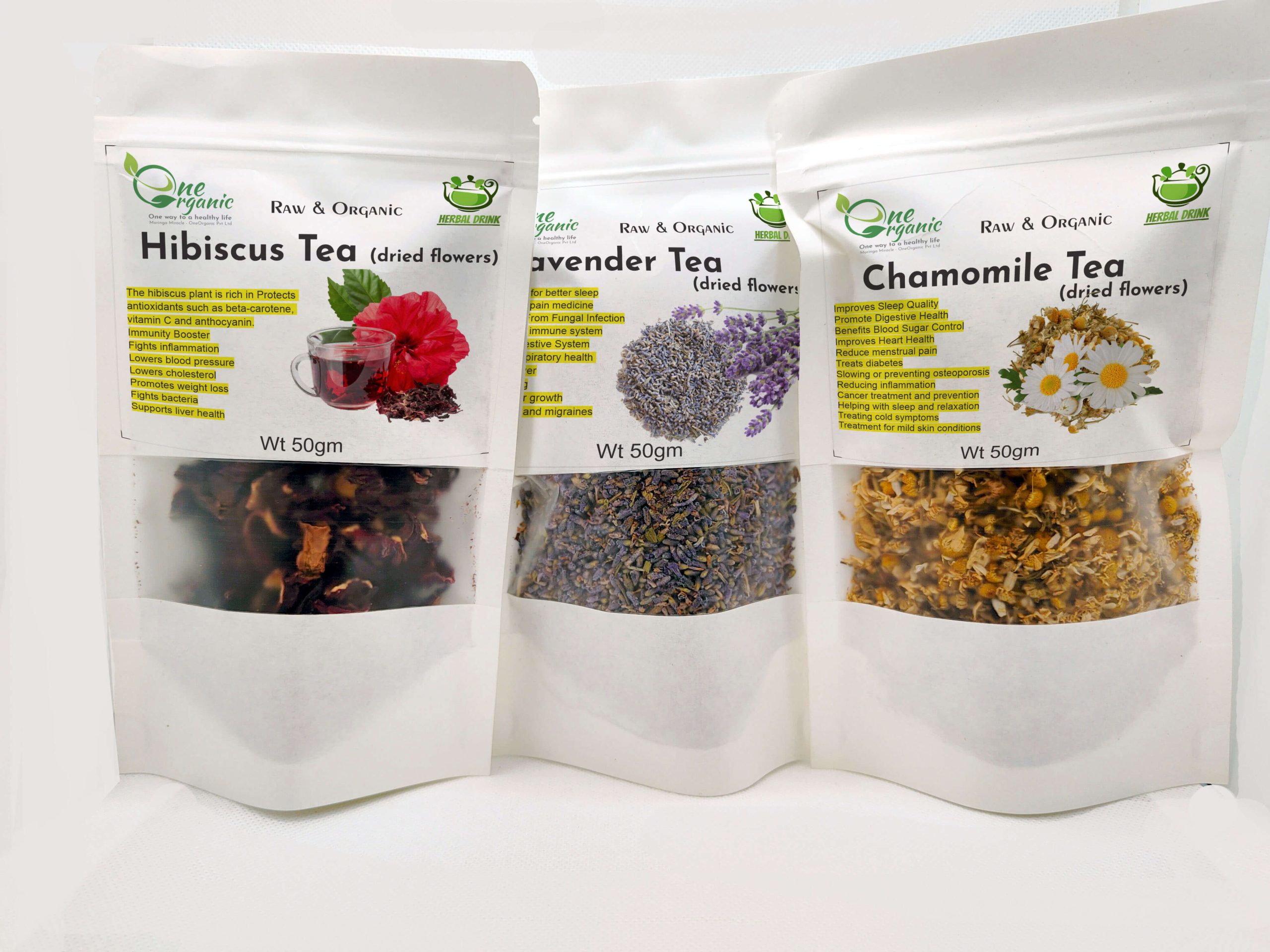

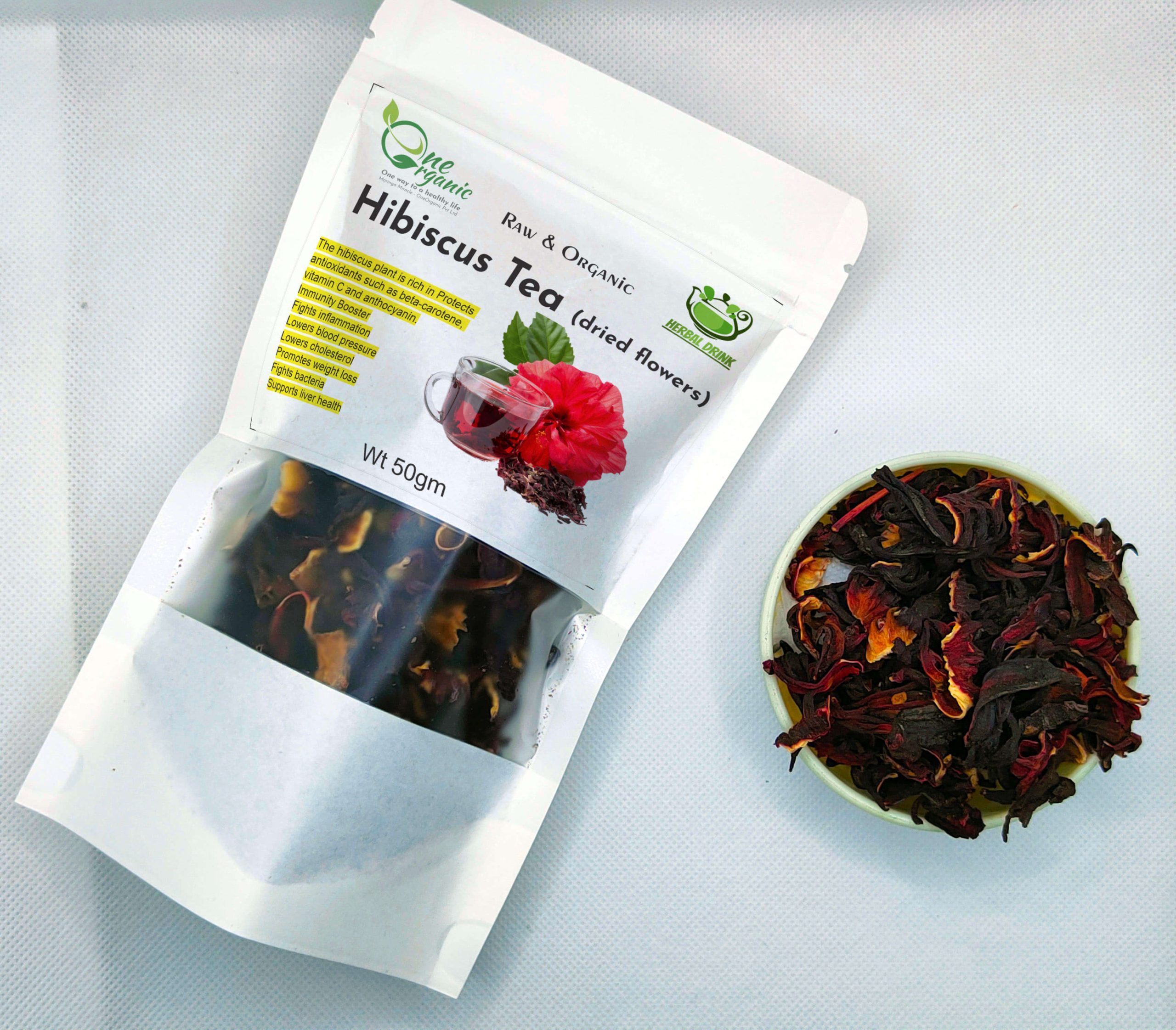

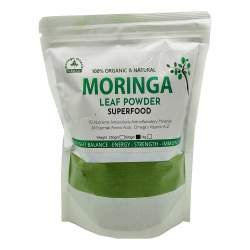
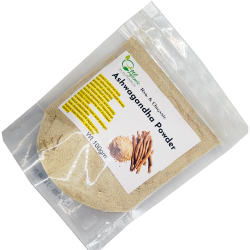
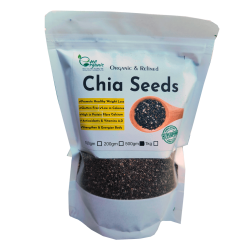

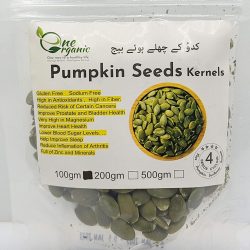
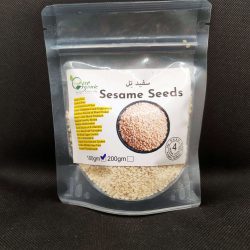
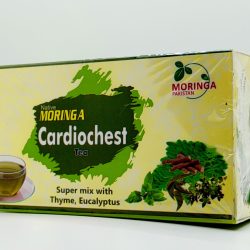
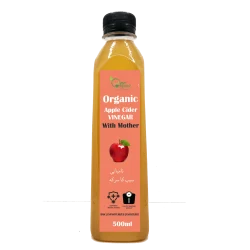
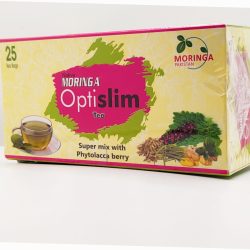
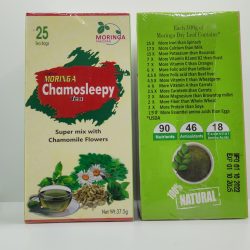
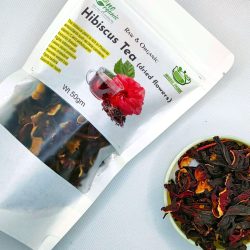
Reviews
There are no reviews yet.